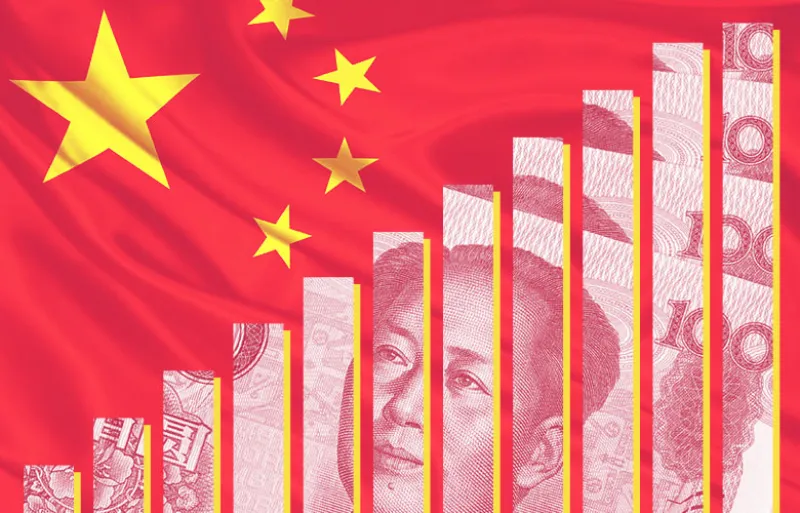China’s renminbi bonds, which make up only 1.8 percent of global debt capital markets today, could become a far more significant asset class in the years ahead as the nation continues to widen access to foreign investors, says a leading London-based bond fund manager who made his name starting Europe’s first renminbi bond fund back in 2007.
Chinese authorities launched the China Hong Kong Bond Connect program via the Hong Kong Exchange last July, allowing foreign investors to have direct access to China’s $10 trillion domestic bond market — the third largest in the world after the U.S. and Japan — for the first time. The program is only six months old but already has allowed foreigners to own a tiny chunk of China’s debt capital market, according to Andy Seaman, a partner and chief investment officer of Stratton Street Capital.
“At present foreigners own less than 2 percent of the RMB bond market,” Seaman said in a media briefing this week via conference call. “But there is no question China is going to be significant in the fixed income market going forward, especially as regulators gradually remove obstacles to access and as the renminbi bonds are included in more global bond indices.”
[II Deep Dive: Hong Kong and China’s Stock Connect Programs Bear Fruit]
The Citi Emerging Market Government Bond and Regional Government Bond indexes added China last year, but the bank did not add to its larger and more recognized World Government Bond Index. If the World Government Bond Index included China, more global asset managers would begin investing in renminbi bonds, said Seaman. He added that renminbi-denominated bonds remain attractive for several reasons, chief among them the prospect that the currency will continue to appreciate against major world currencies for years to come.
“Countries with net foreign assets see currency revaluations,” said Seaman, adding that while global investors worry about rising debts levels in China, the nation remains a net lender when looking at its total liabilities versus its total assets — unlike the U.S., which is a net borrower. Seaman predicts that the renminbi may appreciate an average of 4 percent a year against major currencies. Stratton Street, which specializes in fixed income, has $1.5 billion in assets under management and advisement, including $45 million in its Renminbi Bond Fund.
One of the obstacles preventing renminbi bonds from being included in more global bond indexes, said Seaman, is the fact that trading and clearing on the Bond Connect takes a few hours, and many UCITS funds in Europe are not allowed to invest in renminbi bonds because of the lag time, which is caused by a technical issue. As the technical issue is resolved and settlement and clearing become faster, UCITS funds will begin investing in Chinese currency bonds, which should whet the appetite of even more institutional investors globally, he said.
Though Seaman did not give a time frame, he said he thinks foreign ownership of renminbi bonds could be as high as 45 percent in the future — somewhere between the U.S., where foreigners own about 60 percent of the market, and the United Kingdom, where foreigners own about 30 percent of the market.
Seaman said renminbi bonds are attractive not only because of the currency appreciation, but because yields are high compared with what European investors are accustomed to. His Renminbi Bond Fund, for instance, delivered an average annual return of 10.1 percent before fees since its founding in 2007.







